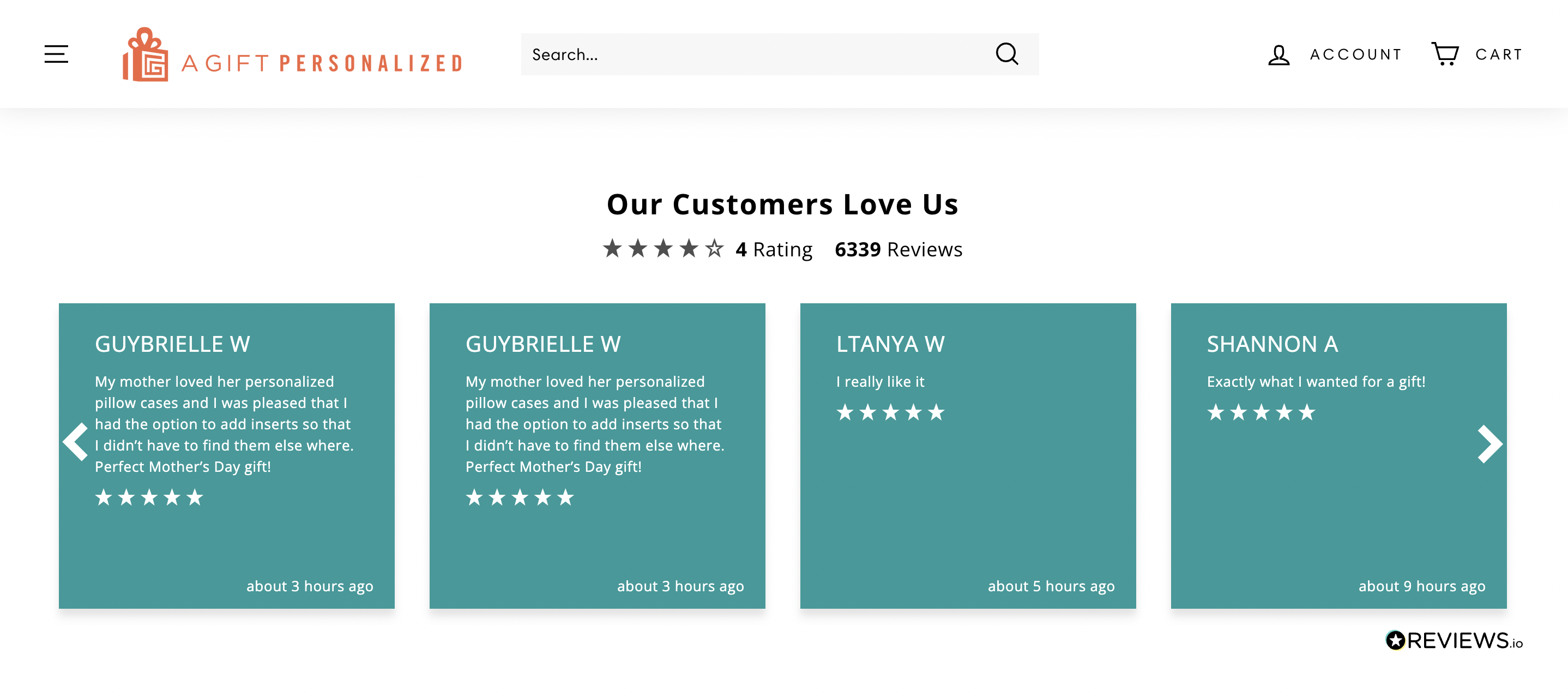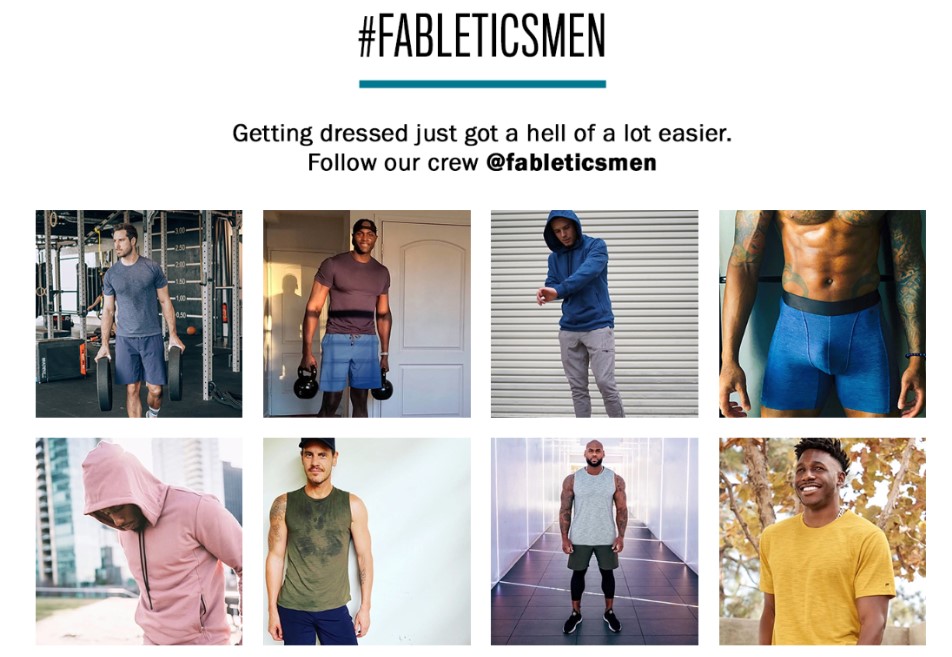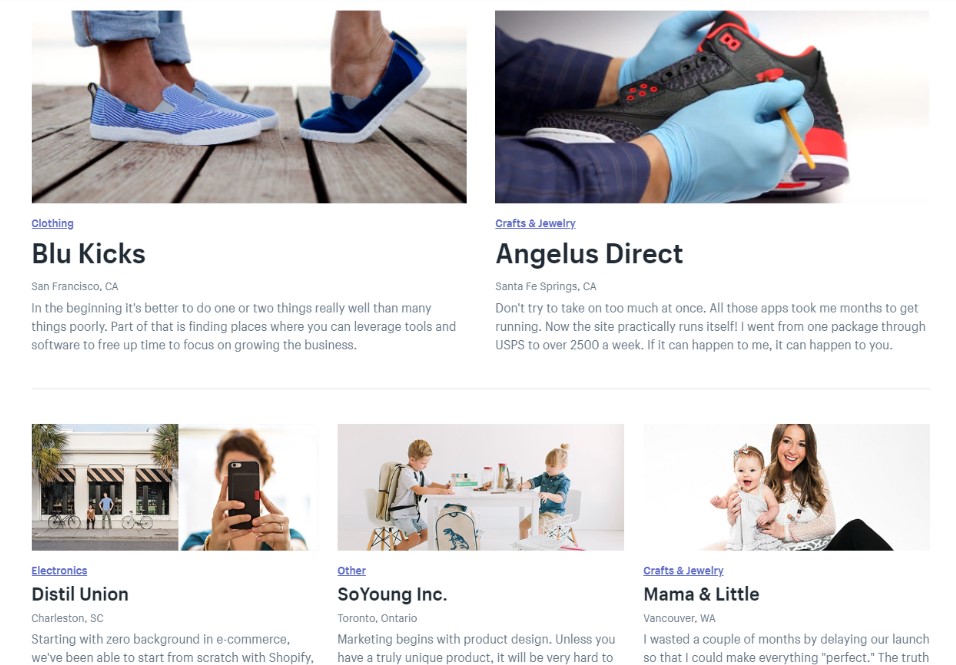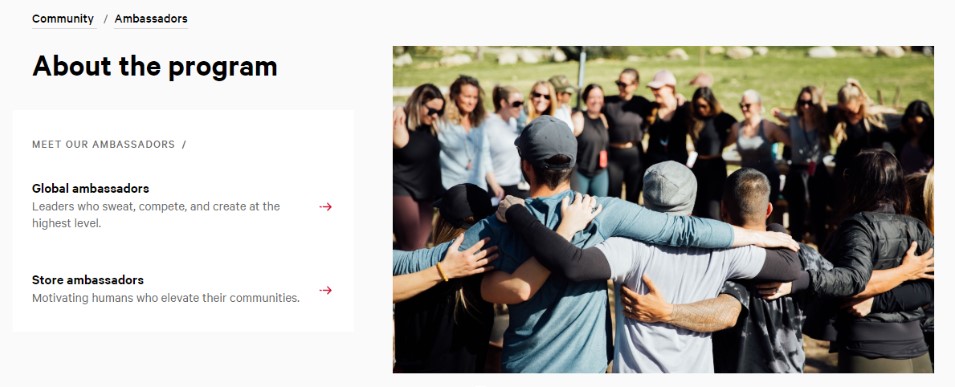When it comes to eCommerce, social proof is one of the most powerful marketing tools to significantly improve conversion rates and increase trust. Big brands like Amazon, Mailchimp, Airbnb, and many others use social proof on their sites. The use of social proof takes many different forms, from customer reviews to celebrity endorsements.
The impact of social proof on consumer behavior is undeniable. But the question is, how? How is the method so effective? How could it get so popular? And how can you use social proof in eCommerce marketing?
If you are trying to answer those questions and end up at this article, congratulations! I will share a detailed guide on how to use social proof and grow your online store. Plus, you won’t have to spend a fortune to implement them effectively. Let’s get started!
What is social proof?
First, let’s explain the definition of social proof.
Social proof is a psychological phenomenon where the attitudes and actions of other people affect one’s own way of thinking and behavior. In other words, under given circumstances, we believe that the actions of others are the correct way of behaving.
This means consumers want proof from their familiars and unbiased people, not the brand offering the products. The best way to understand this is by looking at some real-life examples that you may have encountered:
- Stores often post pictures of celebrities that use their products to tell prospects that high authority figures approve of their businesses.
- Restaurants often ask people to wait outside for a table, so a long line is formed. As a result, passersby believe that the restaurant is in high demand and would want to visit in the future. Also they can use restaurant surveys for the user feedback.
- Apps offer sweet incentive for those who send the installation link to friends and convince more people to use the apps.
As you can see, social proof is in the presence all around us. And while you are a marketer or a store owner, it is important to start leveraging it on your website. When used right, social proof can drastically rocket conversion rates and attract more customers.
I will prove this to you in the next section.
Benefits of using social proof in eCommerce stores
There are basically three benefits that using social proof in an eCommerce store can bring:
- Trust effect: 82% of buyers [1] read online reviews to research about a business or product before making any purchase. And if you are a new business, social proof is a crucial factor that can affect a buyer’s decision.
- Bandwagon effect: At its core, social proof makes people copy others’ actions when encountering unfamiliar situations. A book with over a million copies sold always attracts more readers. For eCommerce, 76% of consumers [2] trust online reviews as much as recommendations from friends and family.
- Authority effect: A company with testimonials from other companies or respected experts often has more authority. Through social proof of well-known figures, a new store can quickly become a respected name in the industry. Just imagine being a new tech product endorsed by Apple.
Social proof works by tapping into the instinct of following other people’s actions in unfamiliar situations. That is why it is so beneficial for eCommerce companies to build trust, add credibility, and break barriers between brands and customers.
[1] and [2] are stats from the Local Consumer Review Survey by BrightLocal.
How to use Social Proof – Best practices
Nowadays, consumers no longer purchase solely because a business has exciting advertisements, they want to know the possible benefits first, told by previous customers. Despite the product or industry, social proof always plays an important role in the final decision of the prospects. As you have learned about the definition and benefits, let’s see how to use social proof for eCommerce business in the next seven best practices.
Customer reviews
Hear what our customers think of us on @Serchen
Only real customers, real reviews 👍#litextension #serchen https://t.co/PmCFR1jyzz
— LitExtension (@litextension) December 16, 2020
One of the most common uses of social proof is through using customer reviews, because they work like a charm. In fact, 91% of consumers said positive reviews make them more likely to purchase from a business.
You can add customer reviews to product pages to increase the conversion rate, display them on landing pages to strengthen the brand, or incorporate them into emails via invitation maker to promote popular products.
For example, on the site A Gift Personalized, customer reviews help serve as social proof that the products are high quality and worth purchasing.

Being able to read the way in which the gifts chosen made someone’s day more special, really drills home the idea that a personalized gift is the way to go.
This helps shoppers see the value in what A Gift Personalized has to offer while increasing the site’s social proof.
Basically, there are two ways that you can practice using social proof for eCommerce.
First, you can show the customers’ testimonials right on your website. This adds credibility and lets visitors relate to existing customers. When you read a review written by some similar people, the social proof gets stronger because the feedback becomes more valid. Make sure to include customer information to help visitors relate better.
Second, you can display off-site reviews from sites like Google Customer Reviews, or Trustpilot, and more. These are all well-known sites, so if you are not using them to your advantage, you are missing out on free praise. The off-site social proof from customers and high-authority websites are all great.
You can see the written reviews on Sugru’s homepage in the image above for inspiration.
Here are what you can do to use customer reviews as social proof for your eCommerce site:
- Window Email clients after they purchase and invite them to leave a review. A small discount can really encourage them.
- Display customer reviews on the homepage and product pages. Remember to keep them relevant for the reader and easy to read.
- Sign up for Google Reviews or Trustpilot. Then, encourage customers to leave feedback and add the third-party widget to your site when you have enough testimonials.
User generated content
-

User generated contents - Imagine user-generated content as hundreds of social videos about an excellent restaurant in town. Naturally, you will soon see the place packed with people, eating happily thinking they are at the most trendy place. Written testimonials on a website are effective, but real people visually trying your product are priceless content.
Basically, there are three best practices to make the most of user-generated content on your eCommerce site:
First, show your products in action with real-life videos and images. Through this type of social proof, visitors can easily visualize your products and see the human factor. Collecting these will be more difficult than getting written testimonials, so you should offer an incentive to encourage the submissions. Also, keep the submission process simple and safe for customers’ personal information.
Second, another type of great user-generated content is social media content. If you are keeping an eye on what people say about your brand, you may get nice mentions every now and then. You can repurpose these kind words on your site by embedding tweets or Instagram posts. The tactic is easy to implement and effective to display the positive feedback, while visitors can immediately see they are from real people.
Here are what you can do to use user generated content as social proof on your eCommerce site:
- Invite customers to share their experience with your products in videos or pictures. A little incentive or discount code is a great encouragement.
- Think of an event or campaign to invite users to send their content, such as a unboxing video contest.
- Curate user-generated content on social media by embedding the best reviews your brand got on Twitter and Instagram.
Real-time stats
-

Real time stats - Real-time stats are the real-time activities that visitors are performing on your website, such as the number of people currently viewing a product, or which customer is signing up and purchasing. This is not only a great form of social proof but it also adds fear of missing out into the mix.
A great tool to implement this is Proofo Social Proof App for eCommerce. It displays the most recent activity on your site in a small but attractive popup. You can show purchases, reviews, registration, signup, and more. The app takes less than five minutes to set up, from installing to running on your site. The app is freemium, which means it is free to install and use, but you can update the plan to get more features at any moment. Also, you can use the app on multiple platforms like Shopify, Magento, and more.
Third-party trust badges
-

Third party trust badges - There are many ways to validate your brand. One of them is getting approval from organizations that your audience recognizes and respects. The visual presentation for this approval are trust badges. They can immediately increase the authority of your brand and distinguish it from others.
Here are three ways that you can use third-party trust badges as social proof on your eCommerce website:
- Media mentions: Media is still a powerful influence among consumers. If your business is featured on large publications or even local papers, use it to your advantage. Try reaching out to be featured in relevant articles too.
- Certifications: The type of certifications you have depends on your industry and target audience’s interest. Organic material in fashion, fair trade in coffee, and cruelty-free in beauty products are a few examples.
- Awards: Needless to say, awards increase the credibility of your online business. Any kind of awards, big or small, should be displayed on your homepage. You should also actively apply to categories that have a positive impact on your customers.
- Trust seals: Security seals let your customers know that your business is safe to do transactions. There are companies such as Norton, McAfee, Baymard Institute, or Better Business Bureau that you can contact to get the seals.
KOL endorsement
-

KOL endorsement - KOLs (Key Opinion Leaders) are well-known experts in an industry that can help establish your business’s authority and value. Depending on the brand, KOL endorsement may be natural (free) or under the form of a contract (paid). Big corporations have partnered with big-budget celebrities for a long time, like David Beckham signing a lifetime contract with Adidas for $150 million. On another hand, natural KOL endorsement refers to when an expert publicly approves your brand/product on their own preference.
You can set up your own KOL endorsement campaign with desired budget. There are many ranges of pricing for KOLs nowadays, and micro-influencers with fewer followers may even work better for a small business. One of the best platforms to use KOLs is Instagram.
Case studies
-

Case studies - Referred as a longform social proof, case studies often provide high authority and in-depth user reviews for customers. For products that need a lot of consideration, they are a great help to prospects. Take Shopify for example. It is one of the most popular eCommerce platforms on the web and often highlights the customers success stories on its blog as long-form case studies.
You can create a dedicated page on your website for Case Studies so visitors can find the case studies easier. Write the case studies to provide valuable information, not just retelling what you did. For example, highlight the customer’s problems and how you solved it, as well as the results after that.
Ambassador program
-

Ambassador program - To better leverage the customer reviews and user generated content, you can allow customers to be your brand ambassadors. This shows visitors that your product is so good that customers not only bought it, they want to be a part of the promotion as well. An ambassador program is also a great way to build a community and expand the brand’s responsibilities towards the society.
On the homepage, you should proudly showcase your brand’s ambassadors with photos and testimonials. On the product page, the title of “Ambassador” in the review section can instantly increase the credibility of the product.
Final words
Up to this point, you must know that social proof works well in eCommerce marketing and can increase sales. The practices above are specifically suitable for an online business; so you can try applying them right the way to see results. Remember to track your efforts and do a case study of your own. For more information, please join our Facebook Community to exchange and update eCommerce news.
Thanks for reading and good luck!